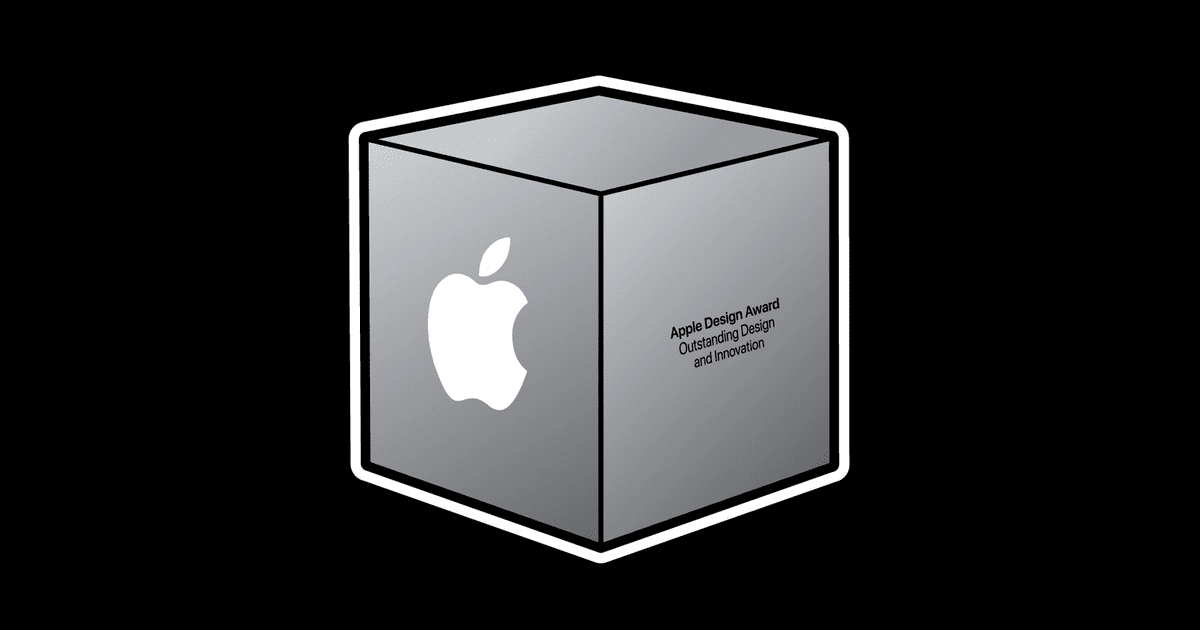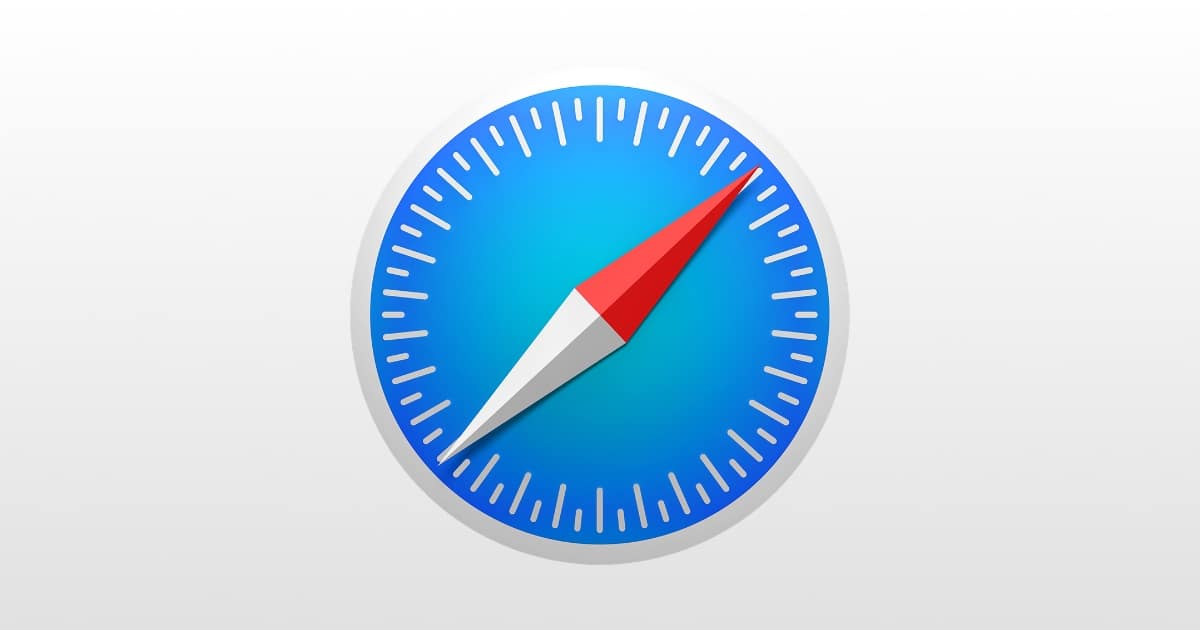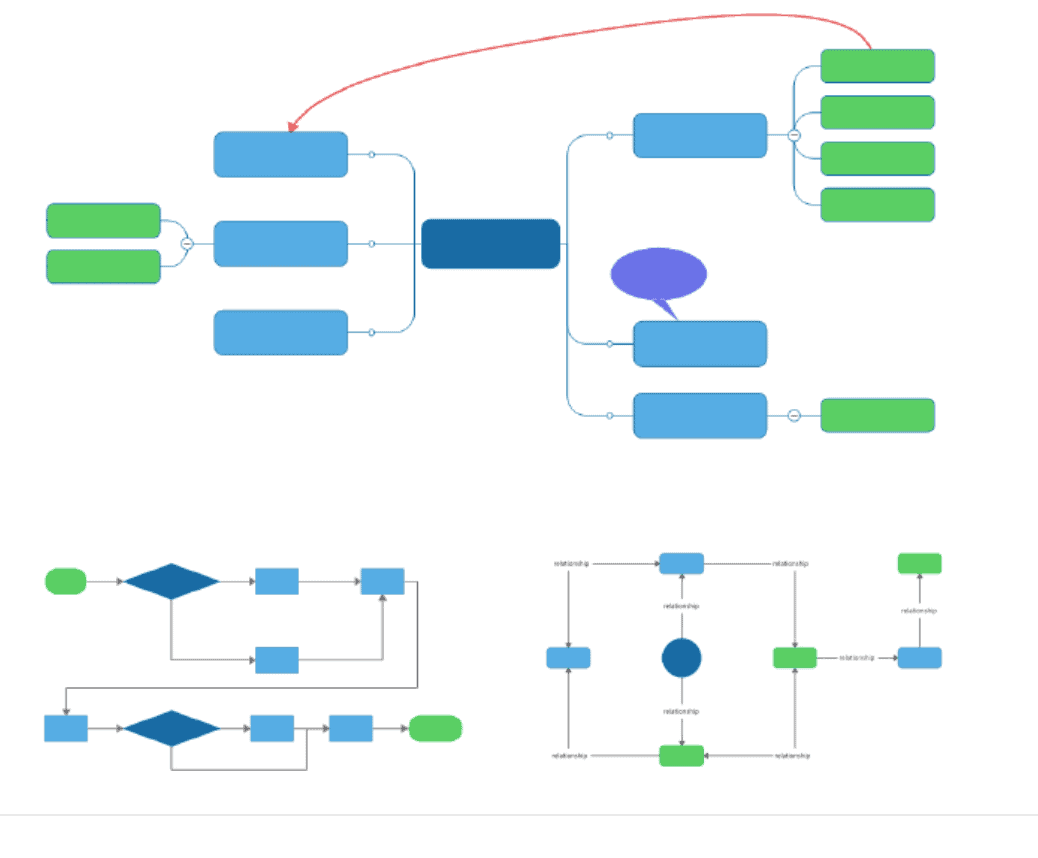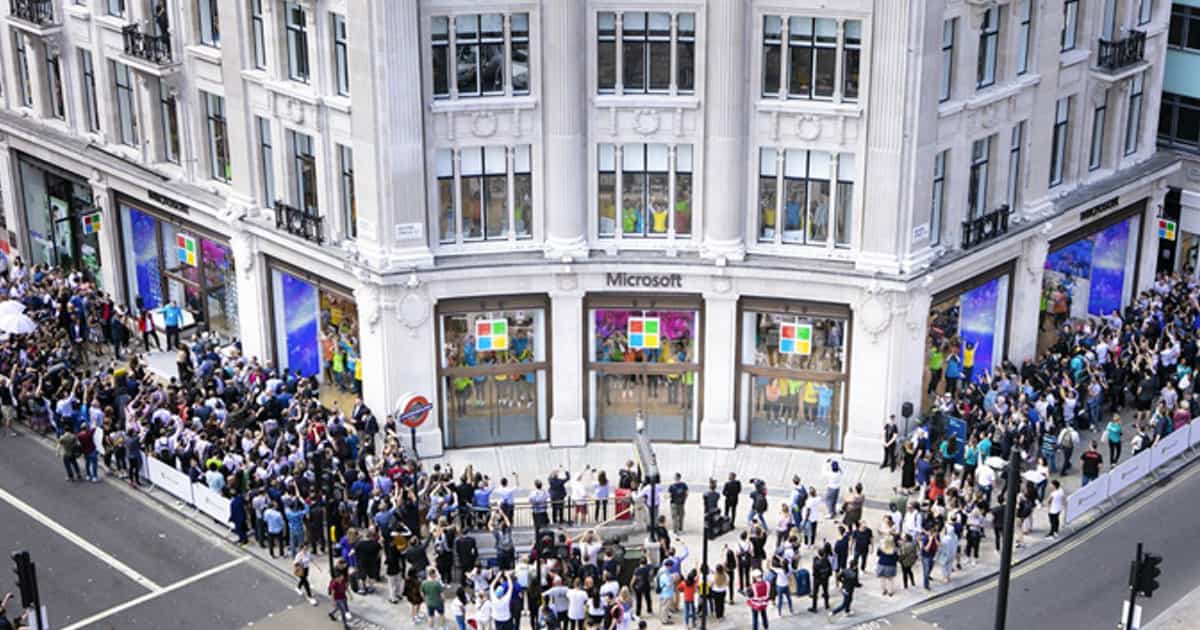Charlotte Henry and Dave Hamilton join host Kelly Guimont to discuss the iPhone anniversary and what is different (or not) then and now.
PSA: The Deadline to Add ‘Sign In with Apple’ is Tuesday, June 30
The deadline for developers to add Sign In with Apple into their apps is coming up tomorrow, June 30. Andrew has several guides available for readers.
Using Scribble for iPad on iPadsOS 14
Scribble for iPad is one of the features that really caught my eye when iOS 14 was demoed at WWDC 2020, particularly when I found out it is going to work with the Logitech Crayon too. AppleInsider has a good video show how the feature works in a beta version of iPadOS 14.
PSA: Don’t Install macOS Big Sur on the Same APFS Container as Older Versions
In our Mac Geek Gab forums, Brian Monroe has a warning for people wanting to try the macOS Big Sur beta.
InPaint Photo Editing App Bundle for Mac and Windows: $24.99
We have a deal on the InPaint Photo Editing App Bundle for Mac and Windows, a collection of photo editing apps. Those apps include InPaint, iResizer, iResizer, Multi-View, Multi-View, BatchInpaint, and PhotoStitcher. All apps work on either Mac or Windows, but note that the license is for one device only. You can read up on the details of each app in the deal listing. This app bundle is $24.99 through our deal.
Apple Announces Design Awards Winners for 2020
The winners of this year’s Apple Design Awards have been announced with developers of both apps and games receiving the accolade.
16 Web APIs Apple Avoided Over Privacy Concerns
ZDnet has a list of 16 Web APIs that Apple declined to add to Safari over concerns they could be used to track users.
The vast majority of these APIs are only implemented in Chromium-based browsers, and very few on Mozilla’s platform.
Apple claims that the 16 Web APIs above would allow online advertisers and data analytics firms to create scripts that fingerprint users and their devices.
Exxon Mobil Offers 3% Cash Back With Apple Pay
Exxon Mobil is offering a deal for Apple customers. When you use Exxon and Mobil stations you can get 3% cash back with Apple Pay.
Full Disks, Slow Speeds, and Low Batteries — Mac Geek Gab 822
Your questions haven’t stopped, and neither have our answers! How to deal with a full disk? What to do for slow internet speeds? How to best manage your battery? All of these topics are addressed, plus Cool Stuff Found, Quick Tips, and more. Press play and enjoy learning at least five new things with John and Dave this week!
Department of Justice Takes Hard Look at Apple's 30% Tax
As part of its ongoing antitrust investigation, the Department of Justice is examining Apple’s rules for the App Store, like the 30% tax.
How to Get Safari 14 Without Downloading the macOS 11 Beta
Andrew shows us how to get Safari 14 features like Privacy Report without having to download the macOS Big Sur beta.
WWDC 2020: Post-keynote Analysis With Craig Federighi
John Gruber’s edition of his Talk Show following the WWDC keynote is always worth a watch/listen. This year it was obviously recorded remotely, but Apple SVP Craig Federighi joined from a Apple Park to help dive into the all the announcements.
TikTok to Stop Reading iPhone Users’ Clipboards
TikTok is to stop reading the contents of users’ clipboards after the recent beta release of iOS 14 revealed the practice was still going on.
Apple Adds Encrypted DNS Support to iOS 14, macOS 11
A WWDC20 presentation shows how Apple is adding support for encrypted DNS to iOS 14 and macOS 11. It will support HTTPS and TLS.
Security Friday: Privacy Updates, Macworld All-Star Band Reunion – TMO Daily Observations 2020-06-26
Andrew Orr and Dave Hamilton join host Kelly Guimont to discuss the latest privacy changes from WWDC, and the Macworld All-Star Band reunion.
Brainstorm by Mapping Your Mind (Part 2)
In the thrilling conclusion to last week’s mind-mapping column, this week Dr. Mac talks about four macOS mind-mapping apps.
Universal Mobile Phone Screen Magnifier with Speaker: $21.99
We have a deal on a Universal Mobile Phone Screen Magnifier. This device features an acrylic lens screen that zooms your phone screen 2 to 3 times to avoid visual fatigue and better viewing. It also features a built-in Bluetooth speaker. Check out the details on the full deal listing. This device is $21.99 through our deal.
Macworld All-Star Band Reunites for Musicians’ COVID Relief Fund
The Macworld All-Star Band, best known for appearances at the now-defunct Macworld Conference & Expo, reunited for a virtual performance of “Feelin’ Alright,” that was released earlier today.
Apple Snags International Thriller ‘Losing Alice’
Apple is partnering with Dori Media productions in Israel on a neo-noir psychological thriller called “Losing Alice.”
Microsoft to Permanently Close Retail Locations
Microsoft is to close all but four of retail locations, The Verge reported Friday, including the one in London that is just steps away from the city’s flagship Apple Store. The sites that remain will be turned into experience centers, but will not sell any products.
Those locations are New York City (Fifth Ave), London (Oxford Circus), Sydney (Westfield Sydney), and the Redmond campus location. The London store only just opened about a year ago. All other Microsoft Store locations across the United States and globally will be closing, and the company will concentrate on digital retail moving forward. Microsoft says Microsoft.com and the Xbox and Windows storefronts reach “up to 1.2 billion monthly customers in 190 markets.” The company tells The Verge that no layoffs will result from today’s decision. “Our commitment to growing and developing careers from this diverse talent pool is stronger than ever,” Microsoft Store VP David Porter said in a LinkedIn post on the move.
macOS 11’s Design Language is Meant for Augmented Reality
Jack Koloskus wrote about an emerging design language called neumorphism. Some of the new icons in macOS 11 are part of this design, like the Messages bubble that looks 3D. He believes we’ll be seeing more of this, while I am of the opinion that Apple, with this design, is laying the foundations for an AR/VR user interface. Of course an AR interface looks a bit odd on a 2D screen.
When you boil it down, neumorphism is a focus on how light moves in three-dimensional space […] What sets neumorphism apart from its progenitor is that the focus is on the light itself and how it interacts with a variety of objects in a purely digital space. The light simulations in neumorphism are more complex, and are focused on how light from one object could affect another, or the function of the object itself.
Ozone Generator and Air Purifier: $29.95
Our friends at Stack Commerce have another cool gadget deal for us today, an ozone generator and air purifier. It has a built-in rechargeable 600mA battery so you can take it with you anywhere, and it has a max sound output of 35dB. This device is $29.95 through us.
AirPods and AirPods Pro Updates Coming With iOS 14
There is a lot coming with iOS 14. Some of the updates announced involved AirPods and AirPods Pro. AppleInsider has a good rundown.
Of all the new features coming in iOS 14, the most headline-grabbing is spacial audio for AirPods Pro. This works with 5.1, 7.1, and even Dolby Atmos encoded audio to create immersive sound that goes far beyond simple stereo playback. So much content is now coming in HDR Dolby Vision video and Dolby Atmos audio these days that it makes sense for Apple to continue to invest in these. Creating 3D sound from a set of headphones isn’t easy but Apple took it a step further.
Google Launches New News Partnership
Google has announced a licensing program for “high-quality” news content from publications from all round the world.




















